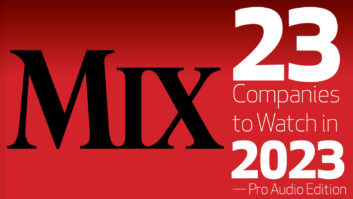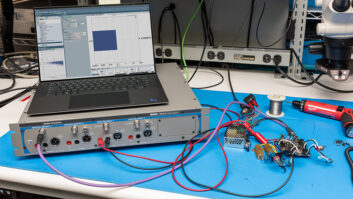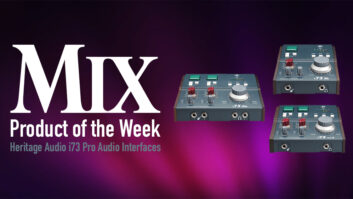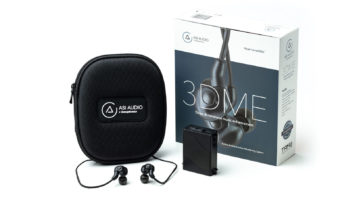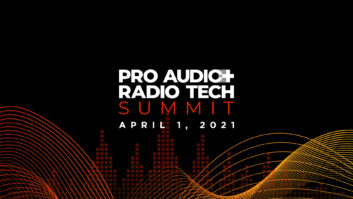As a college student, I interned at some record companies and MTV, so when I graduated, I was certain I’d jump headfirst into the music business. Instead, my first real job was working for a wine magazine—which turned out to be a little bit rock ’n’ roll anyway. Our art director regularly regaled us with stories about hanging out with pre-fame Kiss when she was young; one of our freelance writers was the late, legendary radio DJ Dan Ingram, who was quite the connoisseur; and every Friday at 5 o’clock, somebody would say “Hey, time for a wine tasting!” Exotic wines we’d been sent for review would get pulled off the racks and while it wasn’t exactly a raucous scene, music would start blasting from some far-off office loud enough that we’d joke it might shatter the bottles. Those days came to mind recently when I heard about one of the latest trends in distillation.
Over the last few years, a movement has sprung up within the spirits industry championing a process called “sonic aging” or “sonic maturation,” which uses loudspeakers to both speed up alcohol’s aging process and affect its flavor. While the booze is still stored and aged in a traditional wooden barrel, most often oak, the sonic aspect comes from having a loudspeaker—more often than not a sizable subwoofer—right next to it, pointed directly at the side of the barrel.
Recording Tip 31: Alcohol of almost any kind will mess up your hearing, especially on the top end.

Theory has it that the emanating music causes vibrations inside the wooden container, helping agitate the liquid so it accumulates more taste. The highest-profile practitioner of the process is Joe Heron, owner of Copper & Kings, a distillery based in the Butchertown neighborhood of Louisville, KY. As he explains it on his website, “We have five major subwoofers in our basement maturation cellar. The principle is not vibration but pulsation. We pulse (a bass note in particular) music through the cellar. The alcohol molecule, being less dense than a water molecule, starts to move and collide with other alcohol molecules inside the barrels, which eventually collide with the barrel wall, which starts to create a ‘distillate wave’ inside the barrel, resulting in increased frequency of contact over time between the distillate with the barrel walls and [which], in our opinion, enhances maturation.”
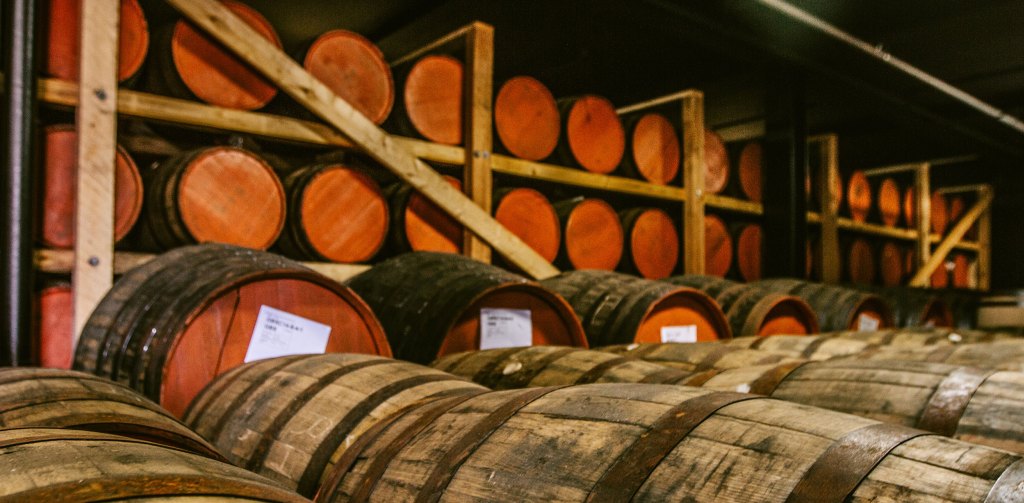
He’s not alone in subscribing to this methodology. Other distillers using the process include Spirit Works Distillery in Sebastopol, CA; Tuthilltown Spirits in Gardiner, NY; and Dark Island Spirits in Alexandria Bay, NY.
While they’re united in their support for the concept, their applications of the idea seem to vary. Copper & Kings has five large subwoofers in its aging room, variously blasting different Spotify playlists (though less loudly during the day so employees can still think). Meanwhile, Spirit Works’ approach has white oak barrels with headphones stretched around them, each getting imbued with the vibes of different genres via staff-curated playlists variously focusing on bluegrass, classical music, Michael Jackson, Led Zeppelin, Prince, Daft Punk and others.
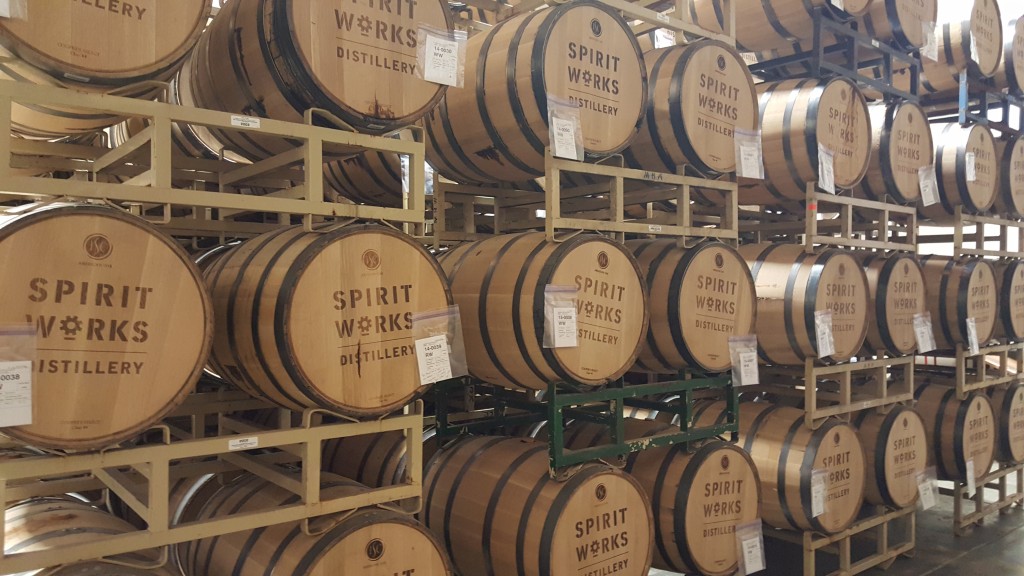
Of course, using popular music of the last 100 years might be a questionable call since it can be repetitive, which in turn might affect the process, and there’s also the inevitable debate of how much of this trend is science versus marketing. For Dark Island Spirits, that’s no argument, however; the distiller has developed what it calls the Tactile Immersed Isolated Maturation Engine (TIIME), a patent-pending device that it says will “musically mature”—a term it has trademarked—its bourbon, brandy, rum, whiskey and specialty spirits.
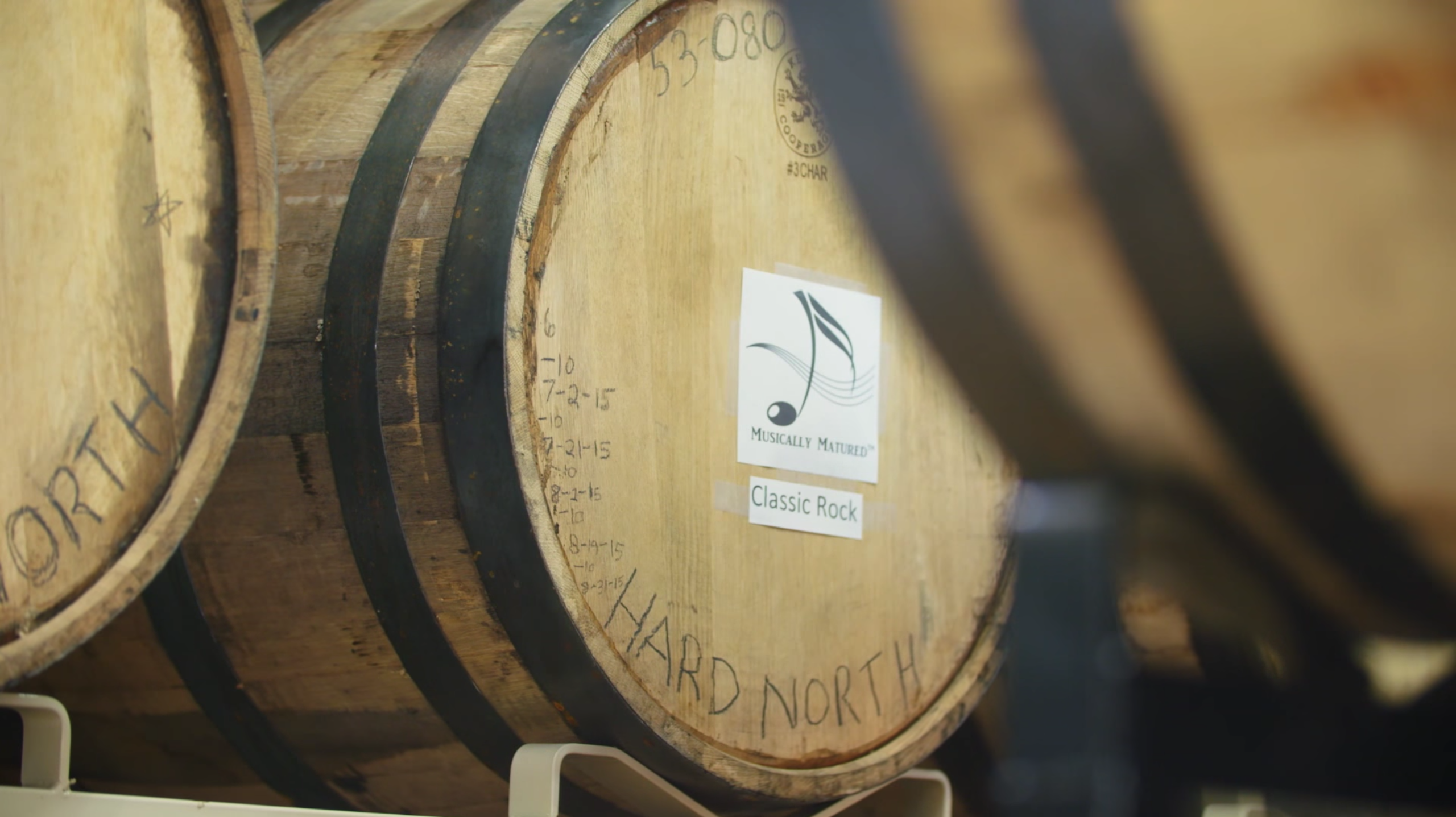
Want more stories like this? Subscribe to our newsletter and get it delivered right to your inbox.
Will sonic aging catch on, or is phasing alcohol with loudspeakers merely an, um, phase? While these distillers may be looking to save time in the maturation process—and perhaps enjoy some tunes as well—only time will tell whether loudspeaker-enhanced aging is the next untapped pro audio market.
